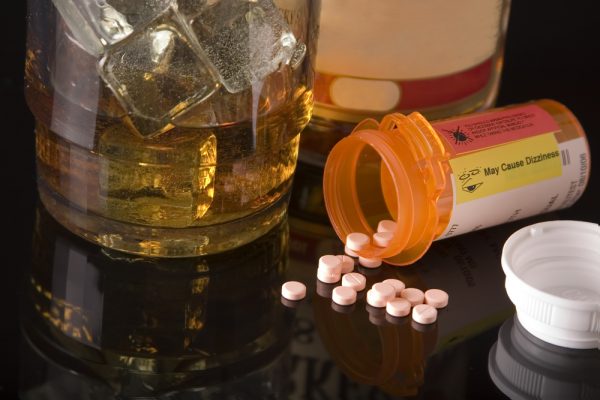Mixing pain relievers with booze is never a great decision. Alcohol doesn’t just get you drunk, it affects your entire body, and when combined with medicines, it can cause some adverse reactions.
Here’s how alcohol reacts with four of the main varieties of over-the-counter painkillers.
Acetaminophen (Tylenol)
Mixing Tylenol with alcohol is a really bad idea. According to WebMD, a 2013 report found that combining Tylenol with even a small amount of alcohol can raise your risk of kidney disease by a whopping 123%. While neither normal acetaminophen use nor light-to-moderate drinking posed a threat to kidneys, as soon as the two were combined the ill effects become evident. Be careful not to take acetaminophen in excess, with or without alcohol; it’s the number one cause of acute liver failure in the United States.
Ibuprofen (Advil, Motrin)
Both ibuprofen and alcohol can irritate your stomach, so combining the two can result in stomach issues, including upper gastrointestinal bleeding, according to Healthline. However, taking a normal dose of ibuprofen after drinking a small amount of alcohol will not be harmful to most people.
Aspirin (Bayer, Bufferin, Excedrin)
The main risk of combining alcohol and aspirin is that of stomach bleeding, so notify your doctor if you experience any symptoms. Also, a 1990 study found that taking two aspirin tablets an hour before drinking increased blood alcohol levels by 30% more than alcohol alone, so mixing the two can potentially increase your level of impairment.
more on thedailymeal.com




